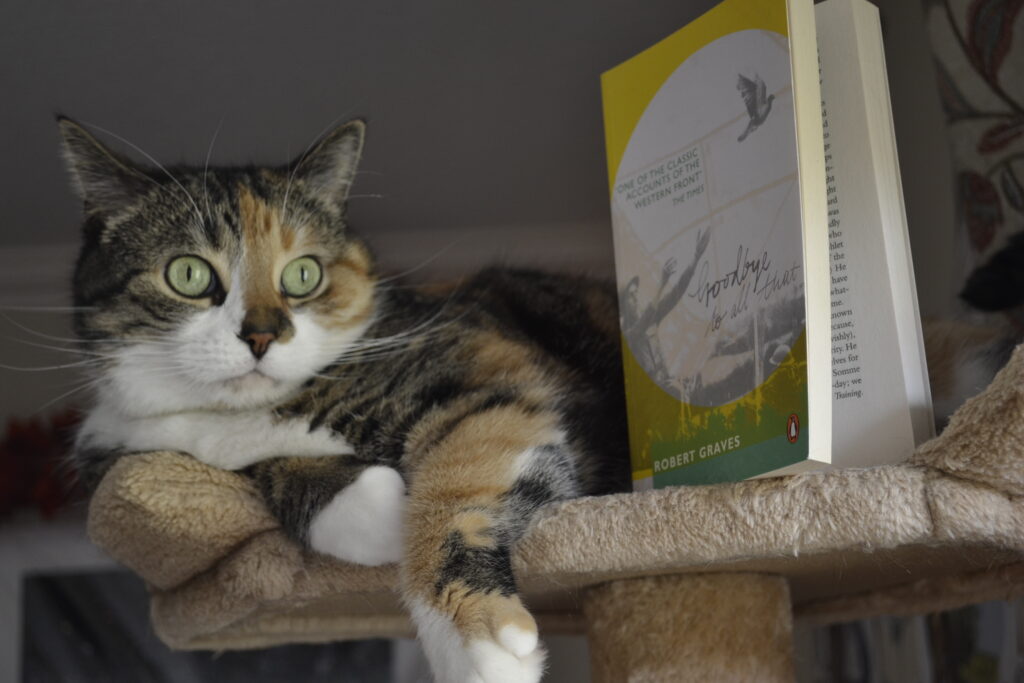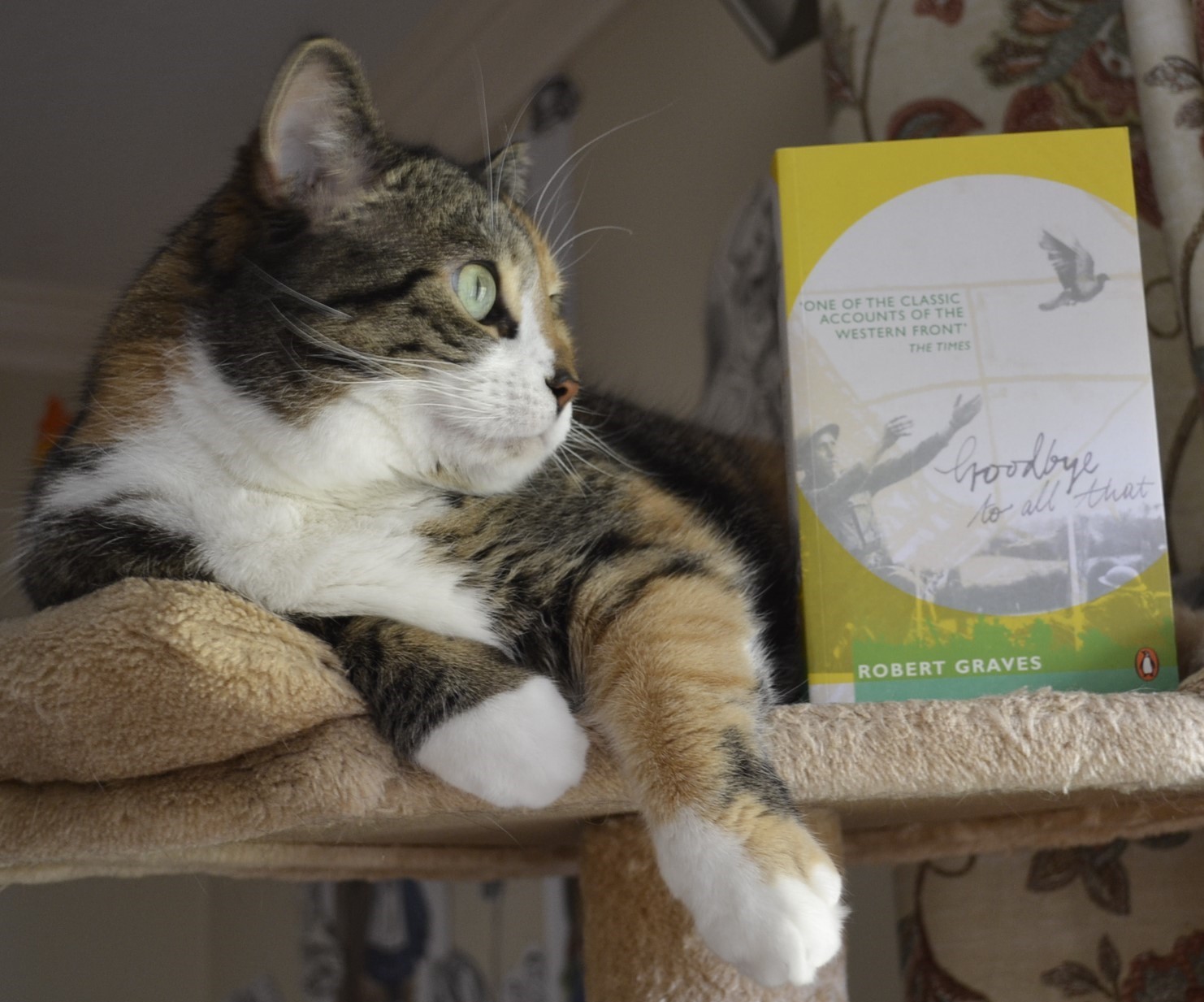So Many To-Do Lists
We got a promotion of sorts from one of our corporate clients recently and that promotion came with a little care package of pens, a very nice travel mug, and a few odds and ends that were greatly appreciated. Of everything in that package the one item that I thought we would never use was the branded post-it pad that was set up like a fill-in-the-blank to-do list. Every day I make a list in my journal after I and my lovely spouse have discussed what we want to get done, from work tasks to chores, but I couldn’t see the value of a separate post-it version of that.
But then my lovely spouse started using the lists by the computer to keep her on track, and now we’ve been filling out lists for our very busy schedule as fall turns into early winter. I don’t want to be relying on these lists, but we most definitely have been. The fact that I need lists right now when I normally don’t is an indication of just how busy we’ve been and how overbooked we are.
I am going to make a conscious effort to only book one or at most two events a week in November, because the holidays are coming and, if anything, I want to be well-rested for them.
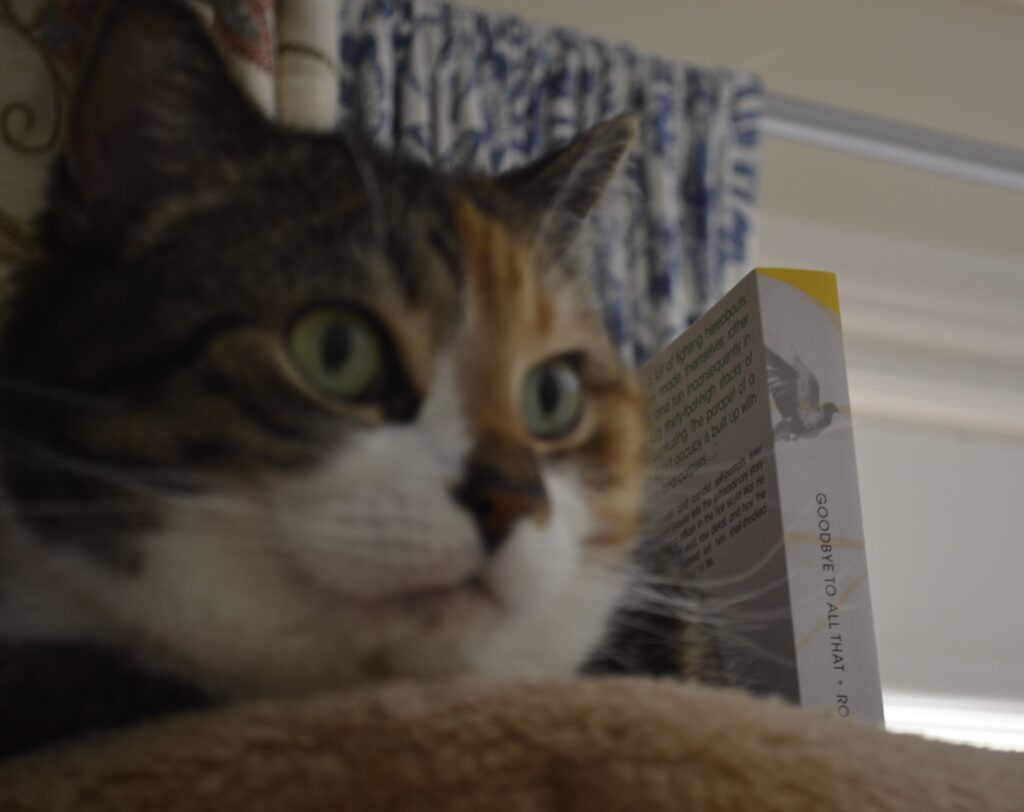
Writing About War
Writing about war or states of political or societal turmoil can be particularly powerful and particularly compelling. At their best, war novels leave messages that ripple through generations in the hopes that catastrophes, genocides, and the depths of human cruelty will not be reached again. Memoirs can be especially moving because of the intimate nature of recording a personal experience.
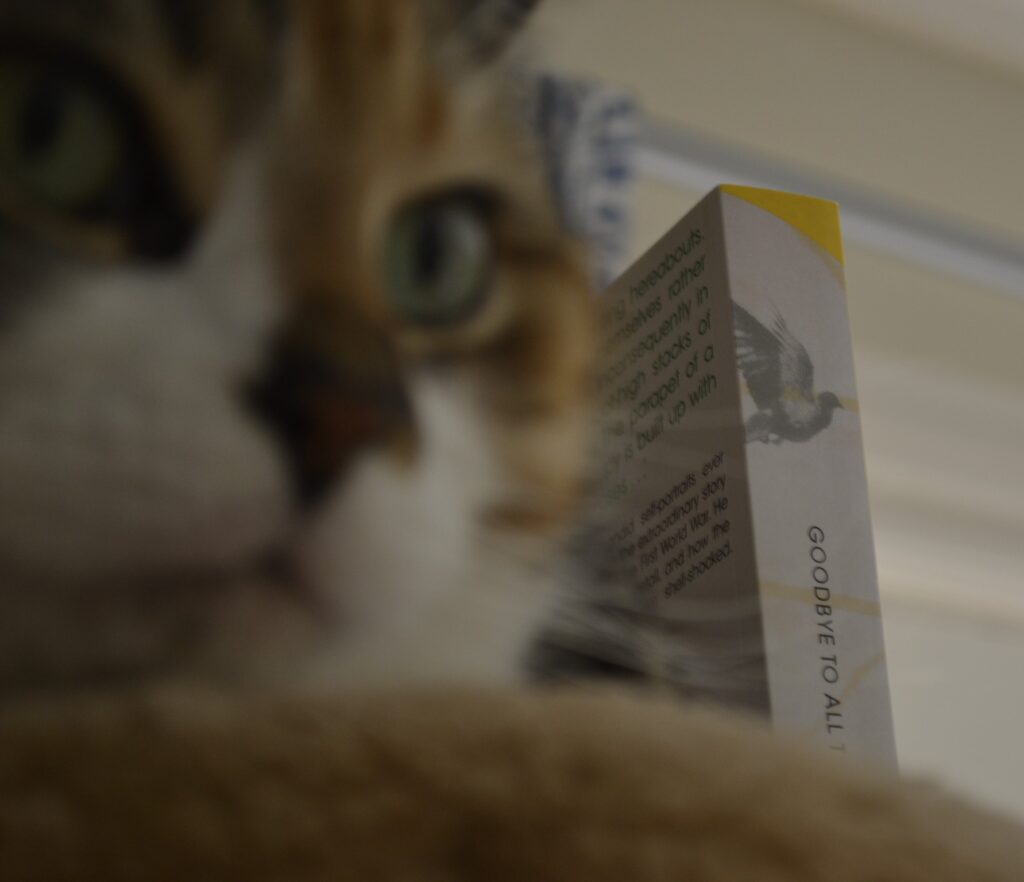
Goodbye to All That is just such a memoir, as Robert Graves recounts his experiences in trenches of World War I and beyond. His descriptions are definitely those that can come solely from someone who has been there and gone through it, something that cannot be replicated even by the most skilled of fiction writers. However, I will say that Graves can sometimes be a bit distant and a bit too objective. He brings a tone to his narrative that is very obviously that of an English citizen of the upper crust. There were times where that could be frustrating.
All the same, Goodbye to All That cannot be discounted as a valuable piece of war literature and if you can find a copy, it is worth the read.
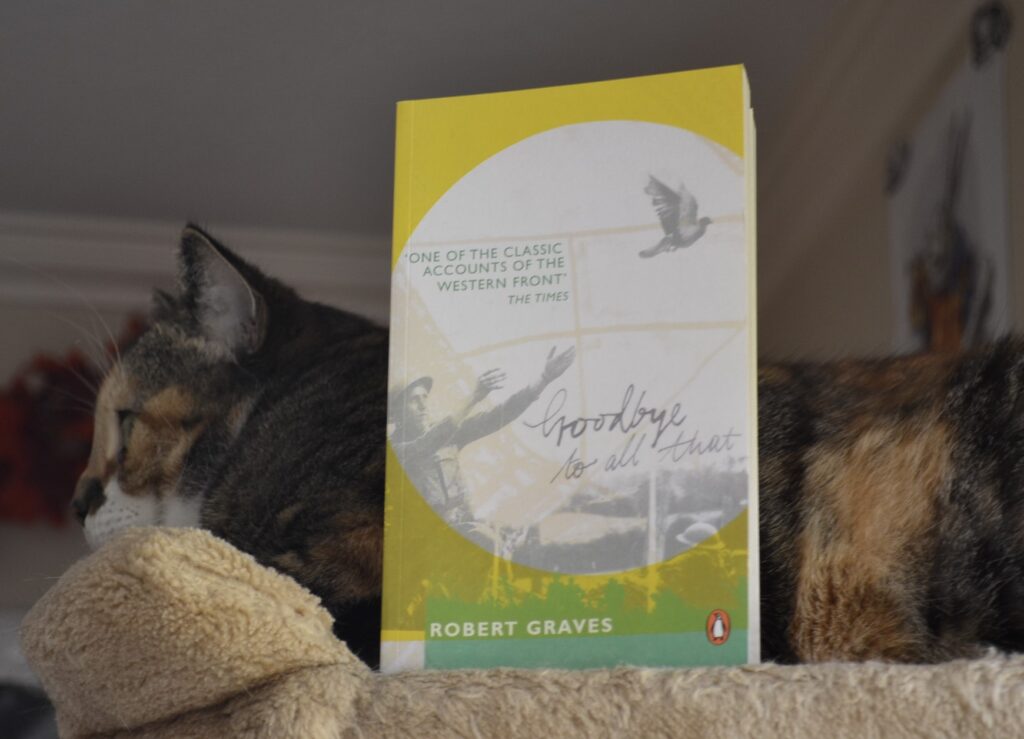
A Unique Perspective
Of all of the memoirs of soldiers I’ve read, Goodbye to All That is different in the sense that Graves was a young officer and not a private during his time on the front. That means he has the unique perspective of being in the middle and a bridge between the command that used soldiers as canon fodder and didn’t fight, and those that were the fodder and lost their lives so meaninglessly. Graves fought alongside his men, but also benefitted from being set above them in station. He was privy to a lot of conversations and displays of the incompetency in commanding officers that are particularly horrific and illustrative of another aspect of the horrors of war and World War I, specifically.
However, sometimes Graves’ position as an officer is grating. There are pronouncements of the trenches being ‘not that bad’, and a general disdain for men from the lower classes that creates a definite cringe. And that brings me conveniently to my next point.
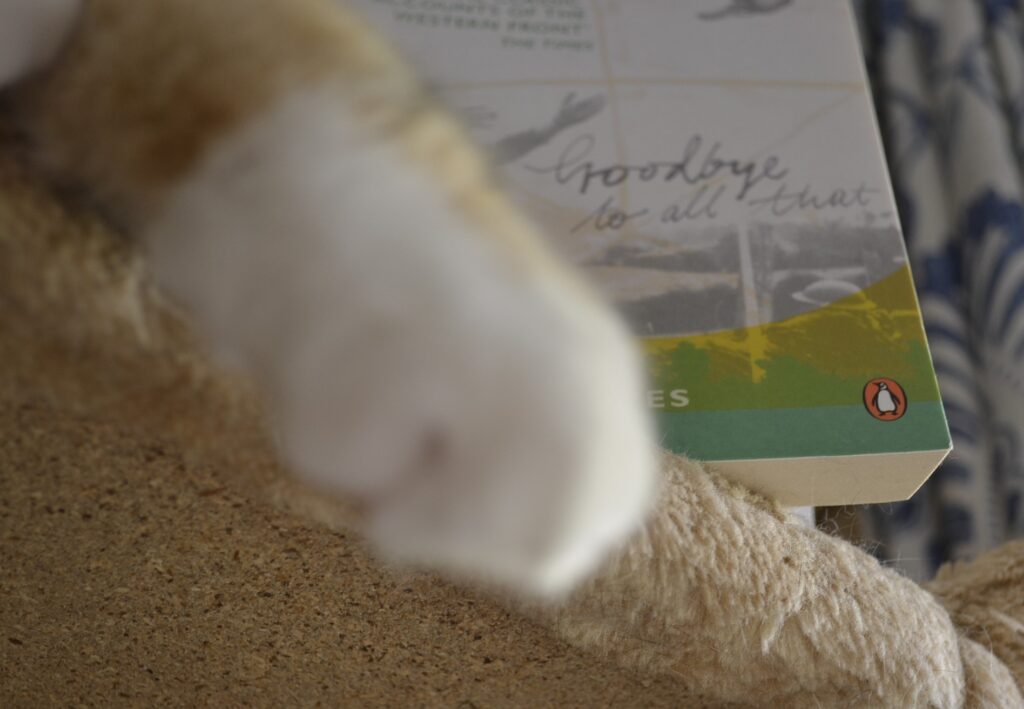
A Privileged Perspective
Graves makes it clear from the beginning of the book that he is from the upper class. He name-drops, he talks about his schooling, he talks about his friends in high places. For a war memoir, there is far too much of his life before and after the war, and only some of it is relevant. By all means, I was for the inclusion of his struggles with shell shock, but I didn’t need to read about opening a store or purchasing a house. I didn’t need to know what private school he went to in his primary years.
Graves has a perspective of war that is limited to being privileged and being white. His opinions and even the way he writes about the war is steeped in who he is and the money and power he was born to. His sympathy for people of different races, different classes, and different genders is fleeting and superficial. So it’s important to tackle this book with Graves’ background in mind, because it is only one very limited viewpoint.
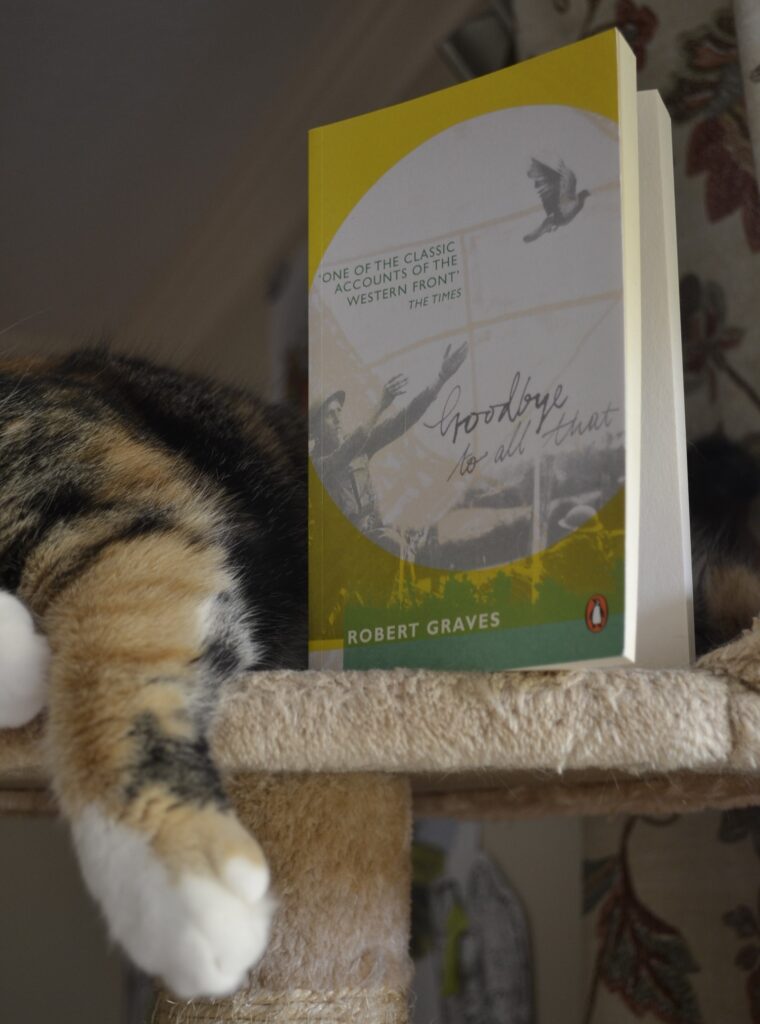
The Joys of Birding
At the end of our current over-booked few weeks is a calm oasis on a Sunday morning. The Royal Botanical Gardens is hosting several birding programs and we’re going on one of them. I have grown to love hiking and I find hiking with the addition of birding extra calming. It’s a chance to stop and listen to the birdsong and get away from the email and from all of the lists.
For me nature is the one of the most soothing balms to feeling frayed. Reading is definitely another one, of course!
